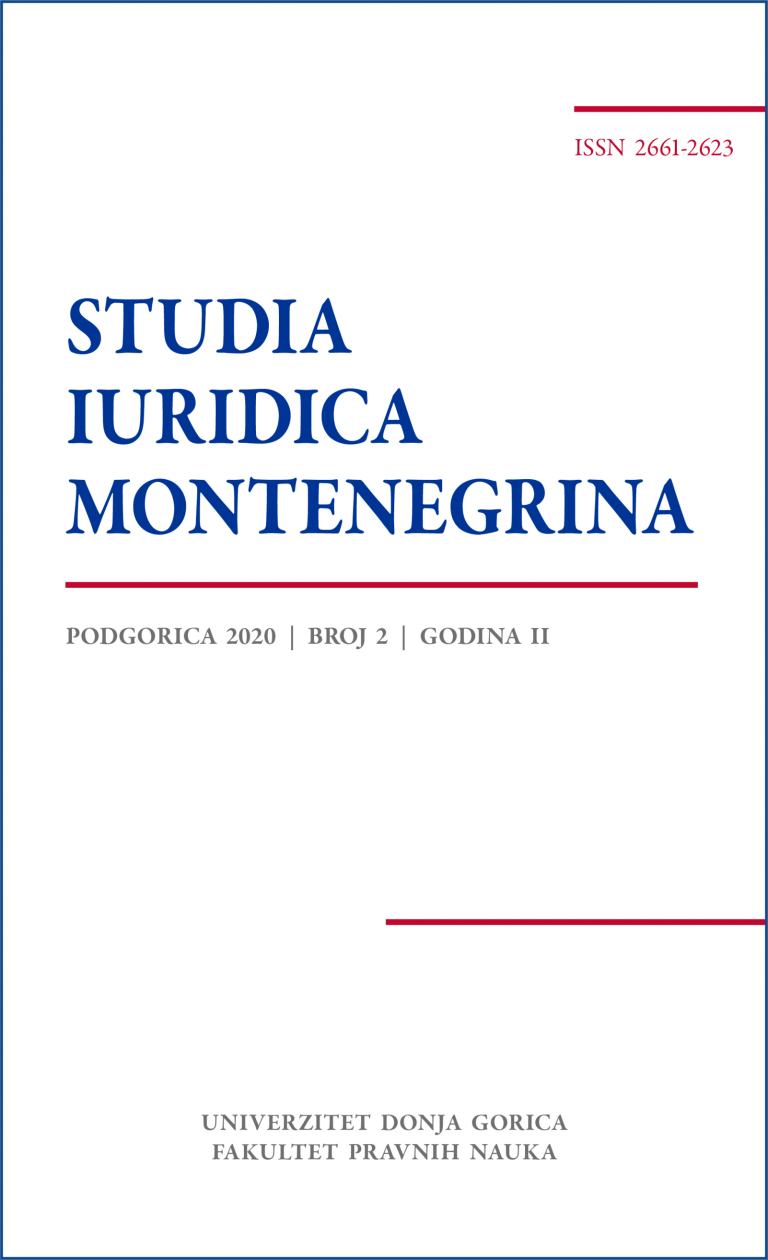Falsifikovanje isprave u crnogorskom krivičnom pravu
Criminal offence of document forgery in montenegrin criminal law
Author(s): Zoran StojanovićSubject(s): Law, Constitution, Jurisprudence, Criminal Law
Published by: Fakultet pravnih nauka Univerziteta Donja Gorica
Keywords: crnogorsko krivično pravo; falsifikovanje isprave; lažna isprava; preinačena isprava; neistinita isprava; upotreba falsifikovane isprave
Summary/Abstract: The material elements of the criminal offence of document forgery are the act of perpetration and the object of forgery. The offence can be committed by fife acts alternatively. The object of forgery is a document which is very broadly defined. Analysing and explaining these elements, the author critically re-examines the legal solution in the Criminal Code of Montenegro. The specificity of this solution, which is that the issuance of a real but untruthful document is envisaged as a form of the act of perpretration, cannot be justified when it comes to private documents. Also, raising the rank of perpretration to the inclusion of the preparatory work of obtaining a false or untruthful document for use is dubious in view of criminal policy. The paper also deals with several controversial issues that arise in court practice. Having in mind the arguments and attitudes represented in theory and practice, certain answers are given to these questions, starting from those which deal with a distinction between making a fake and altering a true document to the questions of what can (or cannot) be considered a fake or altered document with emphasis on some types of documents that have great practical significance (so-called related documents, photocopied documents, obvious falsifications, a false document issued or signed by an unauthorized person but with the consent of the person in whose name the document is issued, forgery of invalid and legally non-existent documents, etc.). Some attention has been paid to the neglected question in the literature so far, whether computer data (despite the explicit legal provision) can be considered a document as the object of this criminal offence. Having in mind the arguments of theory and court practice, the paper tries to give answers to these controversial questions.
Journal: Studia Iuridica Montenegrina
- Issue Year: II/2020
- Issue No: 2
- Page Range: 7- 37
- Page Count: 31
- Language: Montenegrine

